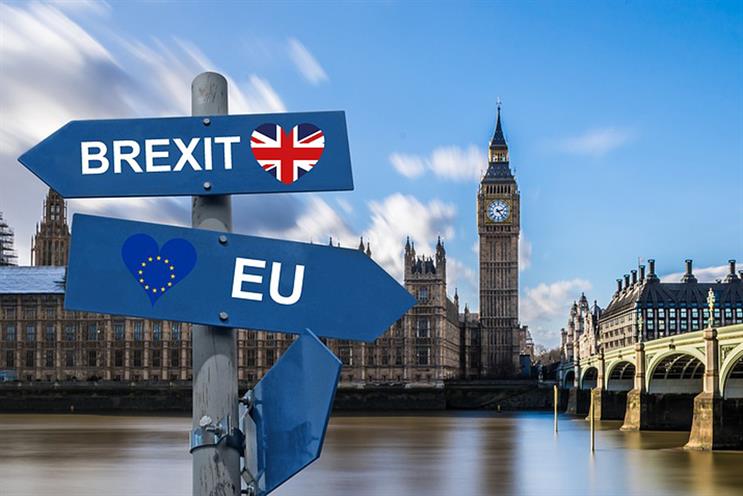
What’s this we see before us? Is this the famed "magic money tree" that Boris Johnson’s predecessor, Theresa May, claimed didn’t exist? Given that Johnson has announced a series of spending pledges, on transport, policing and NHS, since becoming prime minister you could be forgiven for thinking that there might even be a small woodland of them.
Most notable among this expenditure on 'boosterism' has been the £2.1bn additional funding to prepare for a no-deal Brexit. This comes on top of £4.2bn, which has been allocated since 2016 for Brexit preparations by the previous chancellor, Philip Hammond. As part of the efforts to "turbo-charge" preparations for 31 October is a reported £100m public information campaign, which is expected to provide help and advice in the event of no-deal (even if this is something that Johnson says he thinks is unlikely).
Preparing businesses and small traders, more than half of which have not signed up to the most basic customs registration that will become mandatory for European trade under no-deal according to the BBC, is likely to be one focus of the forthcoming campaign – described as the largest since the Second World War.
While the campaign, which will be created by Engine and with media buying through Manning Gottlieb OMD, is doubtless good for them – and the media owners that will also benefit – is it justifiable to spend this on an ad campaign in case of a no-deal Brexit?
 Benedict Pringle
Benedict Pringle
Founder, politicaladvertising.co.uk
"Given that No-Deal is a likely scenario, it is sensible for the government to use unmediated communications to prepare the country for issues it may face.
However, if the advertising strayed beyond helping the country to collectively minimise the number and severity of problems posed by No-Deal, and into messaging that could be advantageous for the Conservatives at a snap general election, it would be deeply problematic.
The price tag might seem high, but if the campaign can reduce the negative economic impacts of No Deal by £100m or more, then it will represent a sound investment."
 Tracey Follows
Tracey Follows
Founder, Futuremade
"£100m sounds a lot but it’s not so much in the grand scheme of things. This campaign is not about making the UK public aware of no-deal preparations and implications, it is about making the EU aware and persuading them that the UK government is serious about leaving on 31 October – with no deal, if necessary.
The campaign therefore needs to be visible, shareable, persuadable: there is a short time to make a big impact. As we know, that costs money. But the cost of no deal to both the UK economy and the EU economy will be far in excess of this and so it would pay the EU (and the UK) to get back to the table and manage a more reasonable approach than May’s disastrous withdrawal treaty.
However, for the UK there is the added risk to the entire democratic foundations of the country, because not leaving will break the social and political contract that underpins our entire civil life. To steal a line from a well-known credit card brand, a campaign that could help to avoid that is ‘priceless’."
 Ian Twinn
Ian Twinn
Former director of public affairs, ISBA
"Advertising justifies itself through its persuasive effectiveness. Advertising campaigns are only as good as their clear brief. If the brief is to get us as citizens aware of the likely impacts and everyone in business serious about how to prepare, then it will be money well spent. Now is the time for plain facts, no embellishments and some vision for the future. Businesses, large and small, need certainty. The final deadline cannot slip from 31 October. Press, radio, TV, out-of-home and targeted digital all deserve the investment to make leaving with or without a deal work for the UK."
 Nicky Russell
Nicky Russell
Associate partner, White Door Consulting
"The past three years have been incredibly debilitating, with little communication and clarity coming from the government on Brexit. The uncertainly has been crippling for business.
With 66,995,821 million people to communicate to and a £9.8tn economy to protect, you could argue, is £100m enough compared with the tens of billions that could be lost if panic sets in?
Panic will stop consumers spending, businesses investing and cause financial markets to seize up in a similar fashion to the GFC, except localised to the UK. Most importantly, the psychological value of a clear plan, however flawed, is invaluable."



.jpg)
.jpeg)
